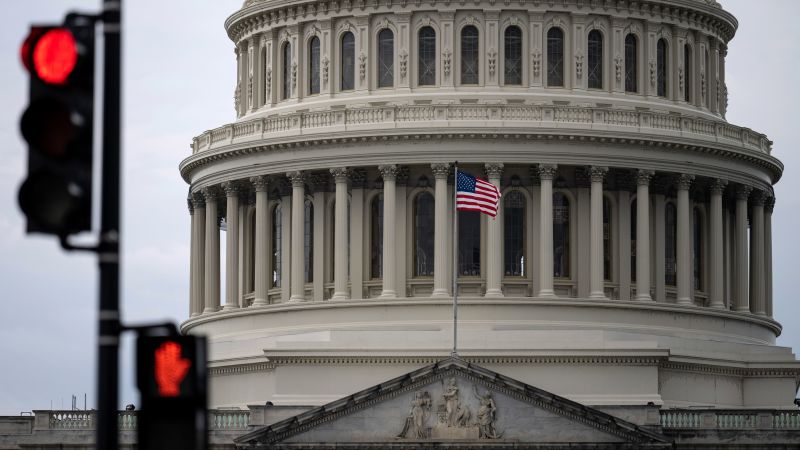The House is expected to vote on Thursday to pass a critical defense policy bill known as the National Defense Authorization Act, which sets the policy agenda and authorizes funding for the Department of Defense annually.
The final negotiated version of the NDAA for fiscal year 2024 authorizes $886 billion in national defense funding, an increase of $28 billion over last year.
The Senate passed the bill Wednesday. Once it passes the House, it will go to President Joe Biden to be signed into law.
The sweeping legislation authorizes a 5.2% pay raise for members of the military – the largest raise for service members in more than two decades – as part of a wide range of provisions related to service member pay and benefits, housing and childcare.
In a move that sparked anger from some lawmakers, the bill will include a short-term extension of a controversial law that permits warrantless surveillance of foreign nationals. Supporters argue it is a critical tool for safeguarding national security, but it has come under criticism from some lawmakers over alleged misuse.
The law, Section 702 of the Foreign Intelligence Surveillance Act, enables the US government to obtain intelligence by collecting communications records of foreign persons based overseas who are using US-based communications services.
The searches are governed by a set of internal rules and procedures designed to protect Americans’ privacy and civil liberties, but critics say that loopholes allow the FBI to search the data it collects for Americans’ information – as opposed to from foreign adversaries – without proper justification.
Tensions have flared on Capitol Hill over the issue with some conservative Republicans expressing significant frustration over the extension’s inclusion in the defense policy bill. The extension will run through April 19.
Congressional leaders have said that they hope to negotiate consensus legislation to make changes to FISA authorities aimed at preventing abuse that could pass both chambers in the new year.
According to a summary of the bill from the Republican-led House Armed Services Committee, the bill would also put in place a watchdog to oversee US aid to Ukraine in the form of a special inspector general as well as set up a collection at the National Archives of government records on unidentified anomalous phenomena, commonly known as UFOs, that will be accessible to the public.
The legislation does not include two controversial provisions related to abortion and transgender health care access, which were in the House defense policy bill that passed this summer.
Read the full article here



